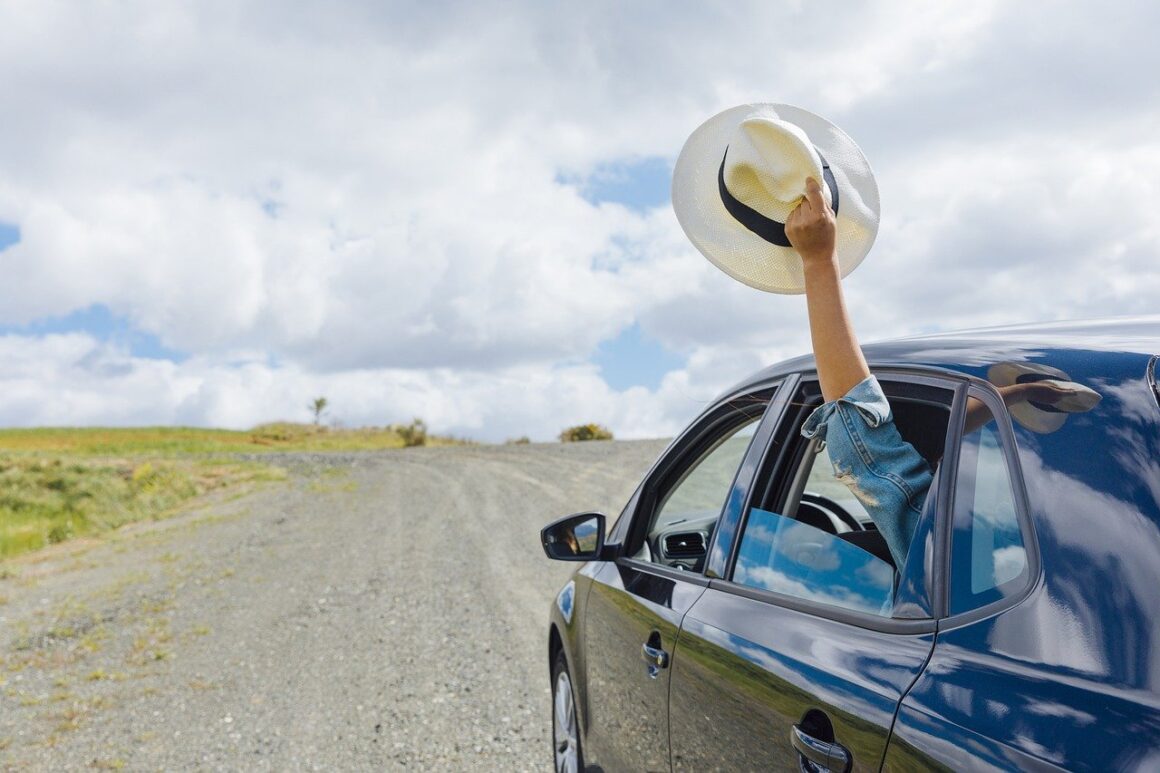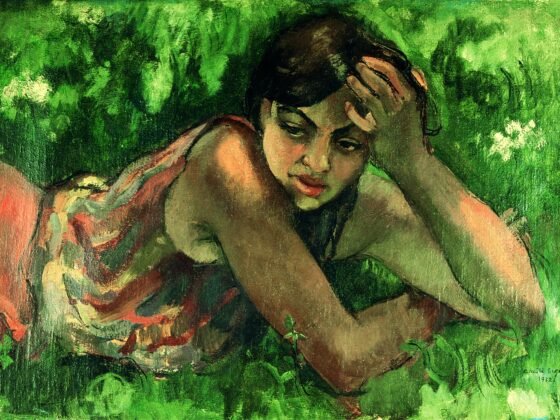I’m sure most of us have had the inspiration to travel and wander at some point in our lives. The way traveling and exploring the world is portrayed in movies is too delightfully “cool” to resist. Of course, the Instagram and Facebook feed of our friends posing in the snow or on sandy beaches adds to the eagerness. Social media has influenced almost every sphere of our personal and professional lives. The urge to travel, get good pictures and post them to show people you too have a perfect life seems to be far more important than spending time on things you love. People having a severe obsession with traveling are now being called compulsive travelers.
We’ve often heard of an addiction to drugs, alcohol, smoking etc but how can a positive thing like traveling turn into an addiction? Dr Michael Brein, a travel psychologist has confirmed that traveling can be addictive and have adverse effects on people. He says that the exact cause is complex.
There are two kinds of compulsive travellers- one, who are motivated to travel just because their peers are doing so or to comply with social media standards of a good profile. Second, people who are so overwhelmed by their travel adventures so much that they crave those feelings over and over again to feel good about themselves. This condition is often diagnosed as ‘dromomania’ or ‘vagabond neurosis’.

Social Media
If we were to start talking about the effects of social media on millennials, every page would fall short. It has been found that 97% of young people share their pictures while they’re on a vacation. They have truly forgotten what it is like to travel for memories or adventure. Aesthetics are far more important a determiner than fun or happiness.
Solo travelers feel traveling and posting pictures as an escape from their loneliness and isolation. It makes them feel accepted in society. A perfect example of this situation is the country of Iceland. Iceland was once a country that did not welcome many tourists and enjoyed its solitude. However, once the Instagrammers started posting pictures of its stunning beauty the land was exploited like anything. The number of tourists increased manifold and the environment degraded considerably. The race to social media glory is deep deep-rooted people are afraid to be left out.
Social media platforms like Instagram, Snapchat and Facebook have become the hubs of tourism marketing. The rat race continues and people out of peer influence are forced to travel even if in reality they do not like traveling. It is portrayed as a necessity for introspection and self-knowledge. The downside to this is the dying spirit of a true adventure or sitting at your home and spending quality time with your loved ones.
It creates an inferiority complex in people who are not able to afford the expenses of a vacation. Though, in no way am I against traveling but traveling for memories and joy is what I insist upon rather than building a good portfolio. Find things that are good for you and not just attractive for your social media account.
Another significant reason for this influenced travel could be that the world has never been so accessible ever before. So, every time we come across a beautiful image (which too was not as easily available earlier as it is today) of a spectacular destination, we are instinctively motivated to go there. It is human nature to have a need for belonging and make sure that society accepts us. Thus we simply follow the ongoing trends blindfolded without considering our own thoughts and feelings. Remember, your worth is far more than the number of stamps on your passport or followers on your social media handles.
The Psyche
Dromomania on the other hand is a medical condition in which a person has an
uncontrollable urge to wander. Its origin can be traced back to France in the 19th century. Jean-Albert Dadas, a European who used to travel miles on foot. He traveled for five years. He was able to cover almost the entire Europe on foot when he was found exhausted and taken to a hospital.
After treatment when he was brought back to consciousness, he had no memory of his travel events. A startling thing to believe. No walls or boundaries could control him or his urge to wander. He might have been the first one to be diagnosed but he definitely was not the only one as many more such cases followed. The symptoms and urges of dromomania can be similar to those of Obsessive-Compulsive Disorder (OCD). We may find them irrational but the people experiencing them are compelled by their brains to do so.
In 2000, this term or the clinical name ‘ vagabond neurosis’ was added in the Diagnostic Statistical Manual of Mental Disorder (DSM). It defines it as an abnormal impulse to travel. Such people are ready to sacrifice their jobs, loved ones, finances and personal security just to have a new adventure.
It has been associated with other psychological conditions like dementia, Alzheimer’s etc as well. Many professionals have tried treating this condition with the use of antipsychotic drugs. Our society often disregards this condition, considering it a serious passion. There are many blog writers who left their fat paying jobs just to travel and somehow make money out of it. However, always having a desire to go somewhere might not be as healthy as we have made it look.

It is a common question that it is nature or nurture that ignites the spirit of wanderlust in a person. There have been arguments in favor of both and no one cause is the actual reason for this problem. Be it the genes or a developed trait, as long as it doesn’t hamper your personal life and health, you’re good to go on. In spite of numerous debates and discussions, no definite reason could be manifested as the major underlying cause of wanderlust. You must also spot the difference between traveling for your recreation and traveling for social media peers. Value your likings and dislikings. Afterall, not everything you do or like has to be a social media post.
Traveling definitely is certainly not the problem here. In fact, too people, it is a way to skip the mundane routine and rejuvenate themselves. Life of course can be tiring and boresome, in such situations, one does look out for some fresh air. However, we must be cautious and make sure it doesn’t become an obsession. Excess of everything including an enriching thing like traveling can have ill effects. If you relate to any of this, maybe it’s time to sit back and reflect a little. Having said all this I wish you a happy and safe future travels!

 Add to favorites
Add to favorites








